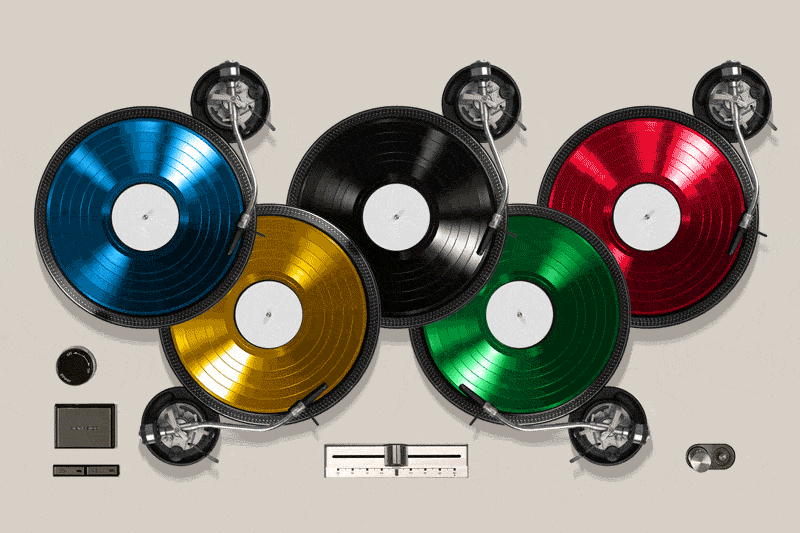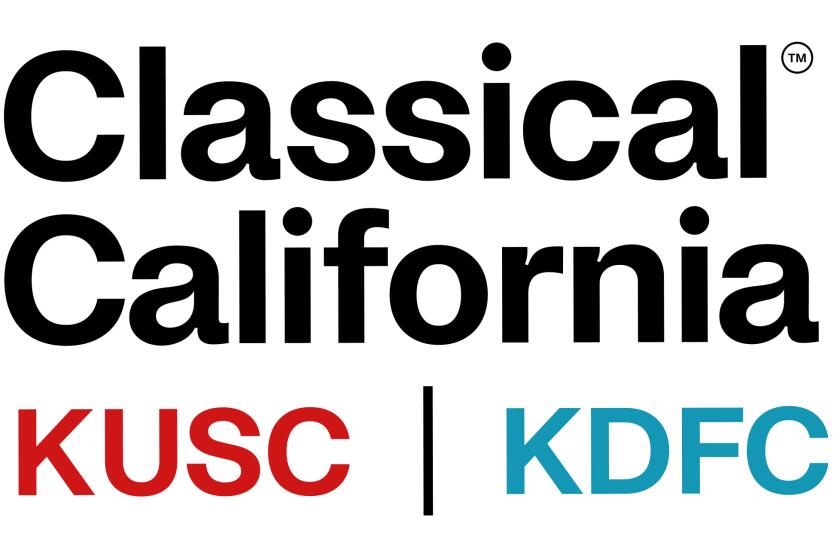Goldie’s Turn as a Deejay Puts a Fast, New Spin on Hip-Hop
- Share via
Dance music is an American stepchild, created stateside yet cast aside in a sea of culture, only to wash back ashore. However spaced out and alien modern dance music has become for many Americans, it indeed comes back to its roots--U.S. urban culture.
It took an Englishman, two turntables and a microphone to prove that point Saturday night at the Glass House in Pomona. Goldie, the darling of England’s own burgeoning answer to hip-hop--a form of rap on speed called jungle--chose to deejay instead of perform his own music on this, his second stateside tour.
It was a good choice. While dance music doesn’t lend itself to traditional stage-based performance (programming a computer doesn’t have a lot of visual entertainment value), it has always lent itself to a good set of turntables and a polished dance floor.
Goldie, recently engaged to Bjork, tag-teamed the turntables with label-mate Doc Scott. Though his own music is masterful (his debut album, “Timeless,” ended up on many a pop critic’s top 10 list for 1995), Goldie chose to rinse out tracks by other jungle artists. His set took this modern form of hip-hop and turned it into a dance floor journey of outer-space bass, linking the past with the future.
He was also bolstered by local jungle deejays Josh Swissman, Heretic and Raymond Roker, who, as publisher of L.A.’s Urb magazine, has long argued that modern dance music in all its forms, from fast jungle to down-tempo hip-hop, comes from the same place--two turntables and a microphone. And since the days of Afrika Bambaataa, it has always been inspired by the imagination of urban escapism. Goldie’s sights, even when he’s spinning records, are high. Space is the place.
More to Read
The biggest entertainment stories
Get our big stories about Hollywood, film, television, music, arts, culture and more right in your inbox as soon as they publish.
You may occasionally receive promotional content from the Los Angeles Times.










